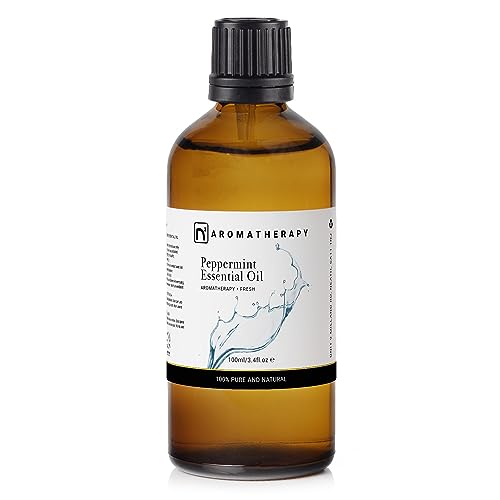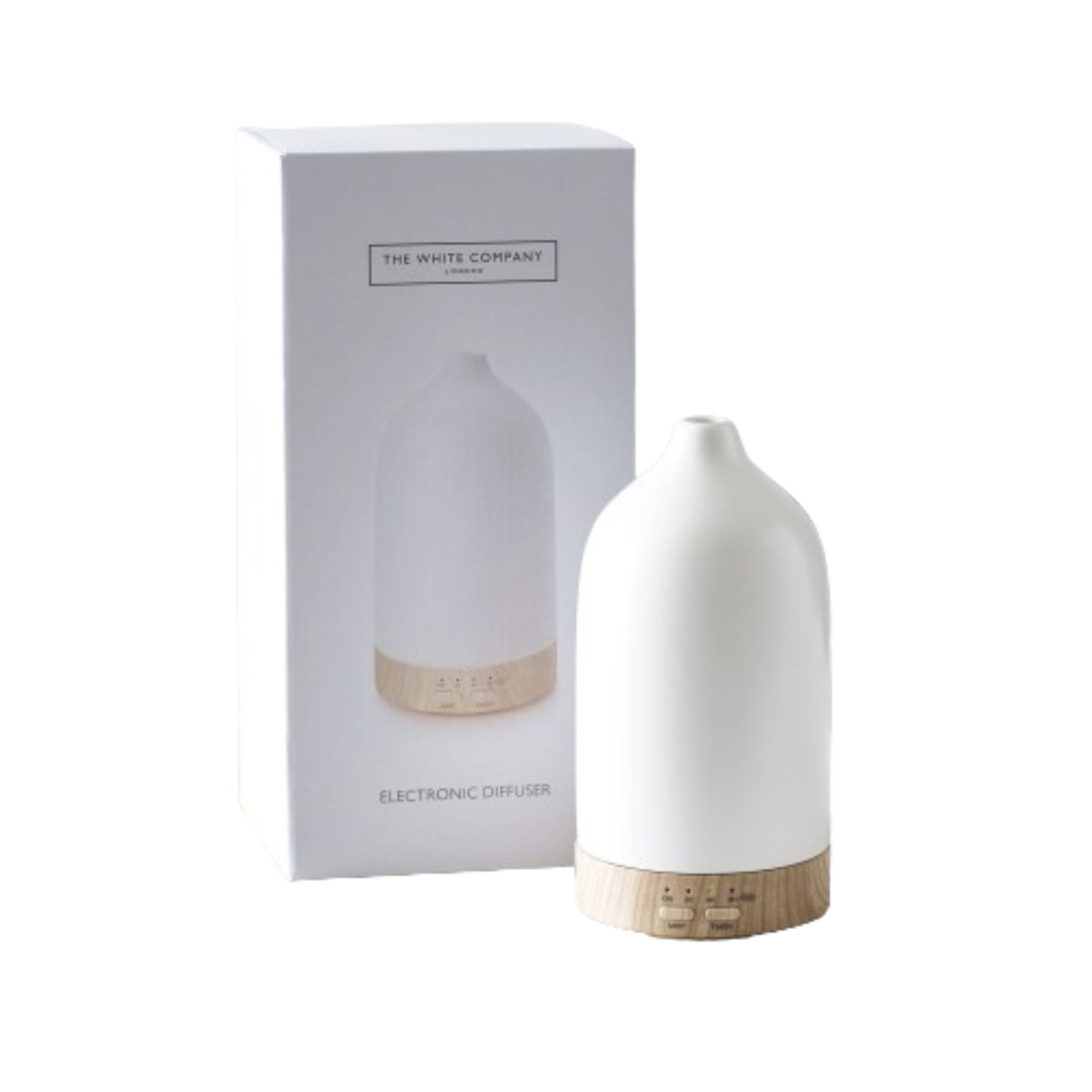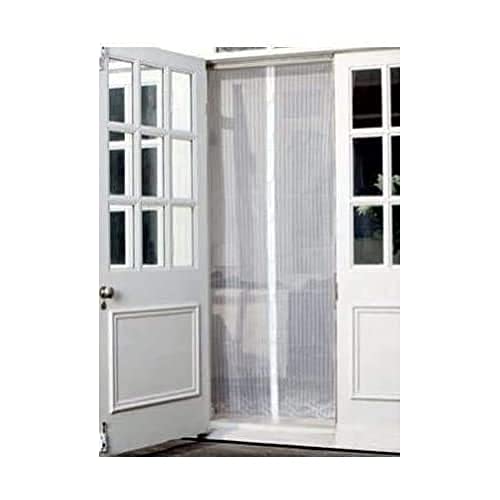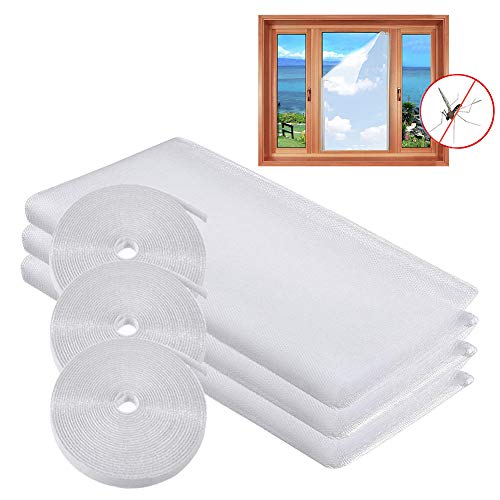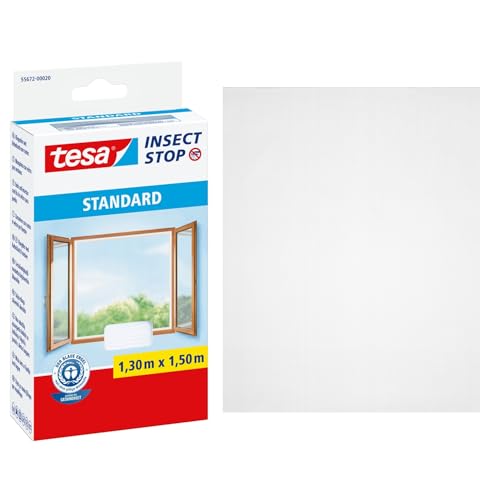It's officially flying ant season – experts share how to get rid of them from your home once and for all
Keep your home free of these ants all summer long

Jenny McFarlane
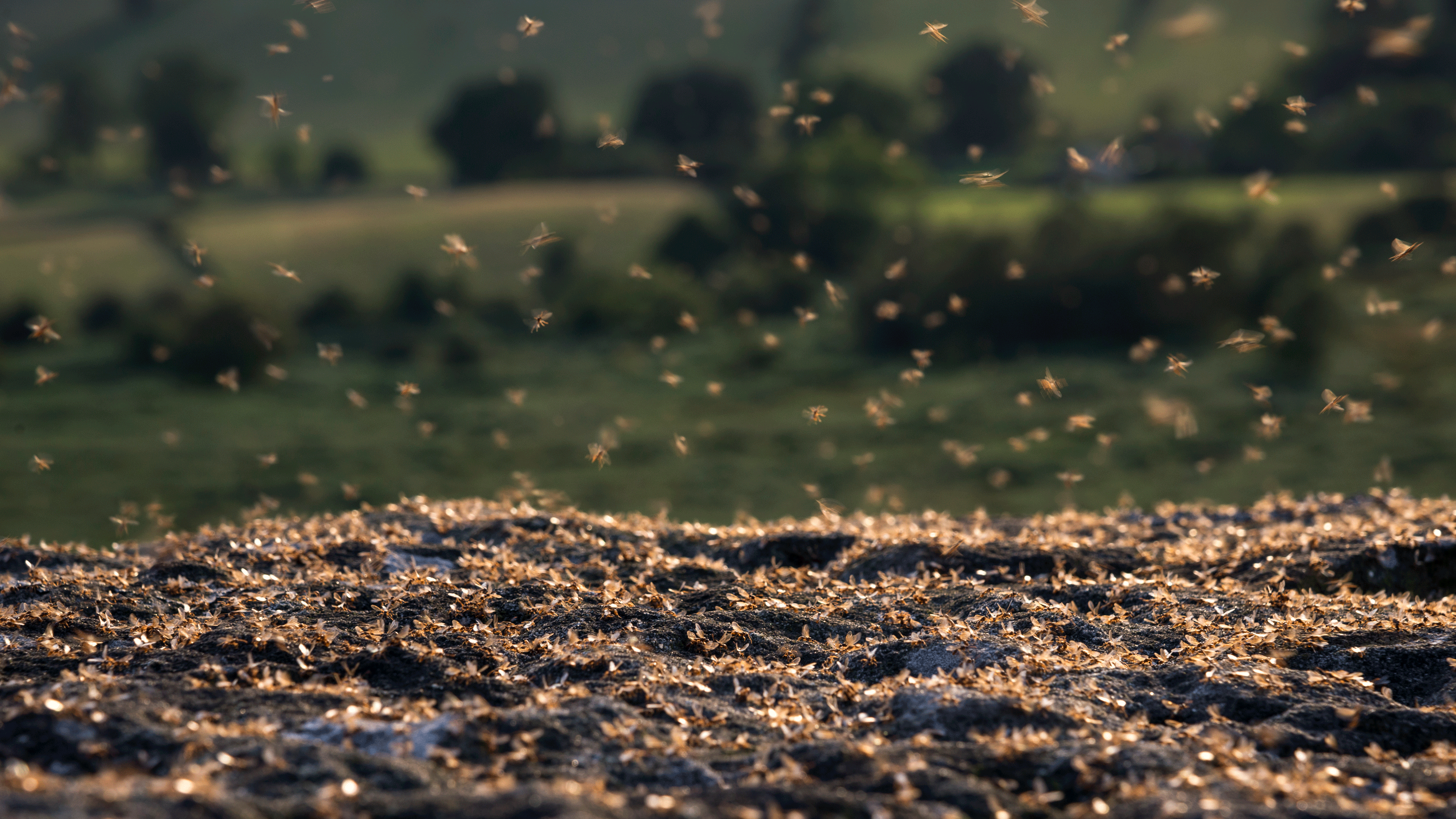
If you’ve spent your morning desperately Googling 'How to get rid of flying ants,' you’re not alone. Why the tales of flying ant day aren't exactly true, it is a fact that we're now in the thick of flying ant season. Oh, the joy!
There's an old rumour that there's a specific 'flying ant day' each year, usually in July. It's said that on this day, all of the flying ants in the UK come out of their hidey holes in their droves. As for the truth? There's both good and bad news, as while there isn't a single day, there is a whole season.
'Flying ant season usually spans from mid-June to August, with a sharp peak during July,' says Daniel Steward, Managing Director of Shield Pest Control.
'The actual swarm events are short-lived, often just a few hours, but colonies may continue releasing ants over several days or weeks, especially if the weather fluctuates. While the visible swarms are temporary, they can signal long-term infestations that persist if left unaddressed.'
This year, you're more than likely to be having to deal with these pesky critters all summer as they swarm gardens and invade houses, so just like we explained how you get rid of ants, we went to the experts to help us find the best way to get rid of the flying variety.
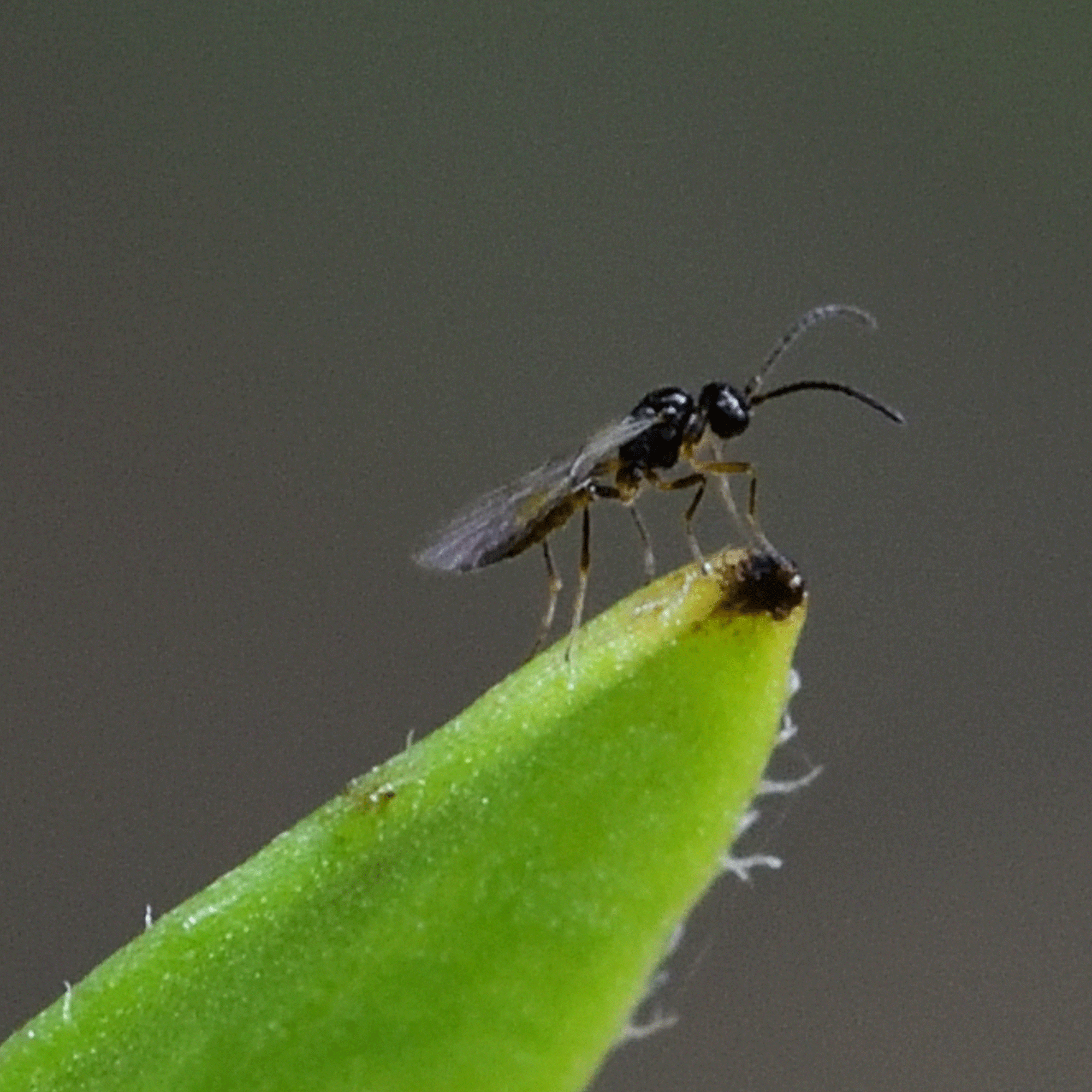
What causes flying ants around your house?
'Flying ants are the reproductive members of the colony (males and future queens) that emerge during warmer months to mate and eventually establish new nests. Their appearance is triggered by warm temperatures and high humidity, often after rain,' says Daniel.
And this summer, they're not holding back, with the recent heatwaves.
Sign up to our newsletter for style inspiration, real homes, project and garden advice and shopping know-how
'Environmental conditions, food availability and earlier reproduction cycles have led to a spike in demand for ant pest control in recent years. As a result, homes across the UK are now acting more quickly to tackle infestations,' adds Dr Jonathan Kirby, Pest Expert at NOPE!.

Daniel Steward is Managing Director at Shield Pest Control, with 22 years of experience within the pest control industry. Daniel is responsible for overseeing a team of dedicated managers, office staff, and pest control technicians while handling the company's operations to ensure that the business provides high-quality pest control services to its full roster of high-profile clients.
How to get rid of flying ants in your house
1. Turn on your diffuser

There’s a high chance you already have a diffuser in your house. If so, you’re already one step closer to getting rid of flying ants in your house.
By filling up your diffuser with a citrus or peppermint scent (top tip: peppermint oil also helps you get rid of spiders), you should stop flying ants in their tracks and force them out of the house. Plus, you could even make a concoction to use around the house yourself.
‘Flying ants despise scents of citrus fruits, so mixing your leftover lemon, lime or orange peel with water can create an excellent rub to spread over your windowsill,’ suggests Adam Pawson, marketing director at Safestyle.
2. Bin any leftovers
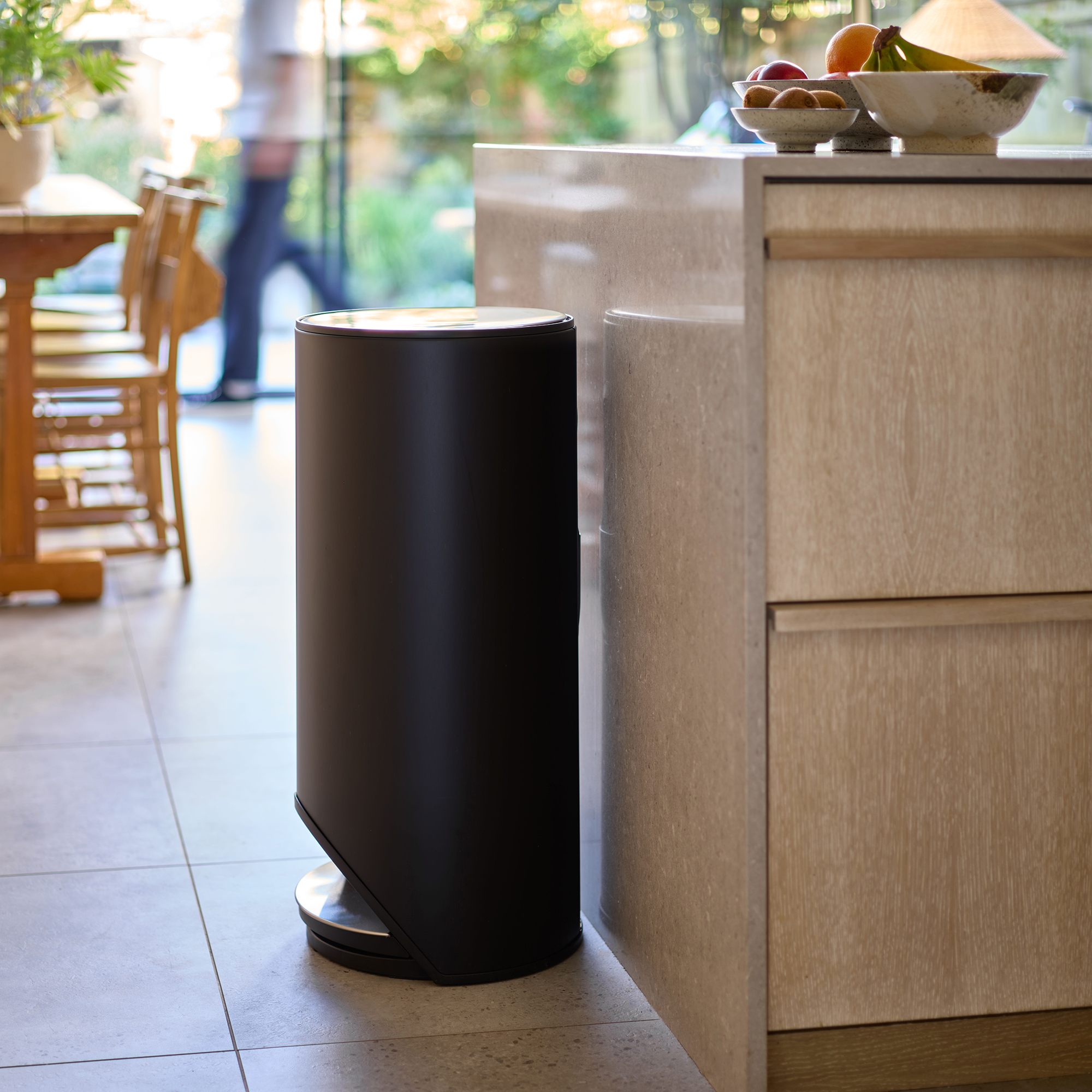
Like all pesky critters, flying ants are attracted to anything food-related. In their eyes, the sweeter, the better, which is why you should always bin any leftovers and properly clean your kitchen as often as you can to stop the ants from entering your house.
'Ants love sugary foods, grains and vegetables. Keep floors clean and loose food packages tightly sealed to prevent attracting ants,' adds Dr Jonathan Kirby, pest control expert at NOPE!. 'If you have pets, always clean away uneaten food and never leave water bowls unattended for extended periods.'
And if they’re already in the house, they’ll most likely leave when they no longer have anything delicious to munch on.

Dr. Jonathan Kirby is a developmental chemist at NOPE!, Safeguard Europe. From pest control to masonry protection, he has dedicated himself to helping protect UK housing stock through the development of new and innovative materials.
Jonathan is the go-to pest expert at NOPE! for tips on how to protect homes from a range of common pests.
3. Use a fly screen

The trouble with flying ants loving warm weather means that they appear when they find it is easiest to get in through windows left open due to the heat (although you should, in fact, close windows in a heatwave).
Unlike what is common in much of the States, our homes don't tend to come with fly screens, but they may be onto something for flying ant season. You can install a proper fly screen to doors or windows, or simply add a temporary screen that you can remove at the end of the season. This way, you can keep the windows open as much as you please without letting unwelcome visitors in.
4. Close your windows

Flying ants normally come out of their hidey holes during the summer months, which is normally when you fling open your windows and let the cool breeze in. But this could actually be doing more harm than good.
'Homes with easy access points (cracks in masonry, vents, loose window seals) or attractants like food spills and standing water can quickly become hotspots. Once inside, they may swarm in large numbers, typically near windows, light sources or doors,' explains Daniel.
So, it may sound obvious, but closing your windows is one of the best ways to get rid of flying ants. Of course, you’ll want to deter them from the house initially by removing food scraps and utilising citrus scents, and then you can focus on blocking their points of entry.
‘Windows provide easy access for pesky flying ants to enter our properties, so it’s important to make sure any entry points are sealed shut,' advises Adam. 'If any flying ants or insects have entered your home, make sure to frequently dust and clean any particularly light and airy spaces to ensure no insects or bugs get a chance to set up camp.'
However, we know that's easier said than done, especially during a heatwave, so using a fly screen like this Tesa insect stop hook and loop adhesive fly screen, £10 at Amazon, is a great solution. This fly screen is easily cut to size to fit any window.
5. Use fly traps as a last resort
If you’re really suffering from flying ants in your home and the above methods haven’t worked, you might want to consider fly traps or other pest control methods as a last resort.
Of course, fly traps work wonders when you want to know how to get rid of flies, and they work in the same way for flying ants. And while you could opt to buy poisonous fly traps or an effective fly zapper like this rotating head fly zapper, £24.99 from Amazon, we’d encourage you to try and make your own natural alternatives instead. For example, you could make a trap using apple cider vinegar or hand soap.
However, if this still doesn’t work and you’re at a loose end, Daniel Steward, managing director at Shield Pest Control, has some tips. ‘If you notice a swarm of flying ants in your home, spraying pesticides can help get rid of visible ants that are flying around or resting on surfaces,’ he says.
‘You can also use a vacuum to eliminate visible ants, but it is crucial to ensure that the vacuum cleaner is emptied immediately and the bag is taken outside of the house to avoid the ants finding a way back into the home.’
FAQs
Do flying ants nest in walls?
'Yes, walls can provide a safe, undisturbed space for ant colonies, especially if there's moisture present,' explains Daniel Steward, Managing Director of Shield Pest Control.
'Flying ants are often the first sign of a mature nest hidden in structural voids like cavity walls, lofts or under floorboards. Colonies in walls can be difficult to detect without professional help, but indicators include faint rustling sounds and repeated sightings in the same area.'
What is the fastest way to get rid of flying ants?
The fastest way to get rid of flying ants is to vacuum them up or use a pesticide. However, both of these methods will cause harm to the flying ants - something that isn’t necessary when there are so many other natural alternatives.
In most cases, prevention is better than the cure, and you can stop flying ants from entering your house by removing food traces, closing your windows, and even using citrus scents as a natural flying ant repellent.
Why do flying ants suddenly appear?
Although they’re a nuisance, it’s important to understand that flying ants are a vital part of our ecosystem - and that they suddenly appear for a very important reason.
‘While it might seem like the UK is being invaded by a black, winged armada every summer, these flying ants are just looking for love,’ explains Dr Cheri Honnas of Bone Voyage Dog Rescue. ‘Around July or August – thanks to the warm temperature – young queen ants leave their nests aiming to start new colonies, and male ants join them in this nuptial flight. Their large numbers? It's all about protection. They gather in swarms so predators can't pick them off easily.’
So, while it may seem like they appear out of nowhere, that’s not the case at all. They’re always around, but they’re especially active (and in noticeably large numbers) during this mating season.

Lauren Bradbury has been the Content Editor for the House Manual section since January 2025 but worked with the team as a freelancer for a year and a half before that. She graduated with a Bachelor’s degree in English and Creative Writing from the University of Chichester in 2016. Then, she dipped her toe into the world of content writing, primarily focusing on home content. After years of agency work, she decided to take the plunge and become a full-time freelancer for online publications, including Real Homes and Ideal Home, before taking on this permanent role. Now, she spends her days searching for the best decluttering and cleaning hacks and creating handy how-to guides for homeowners and renters alike, as well as testing vacuums as part of her role as the Ideal Home Certified Expert in Training on Vacuums, having spent over 110 hours testing different vacuum models to date!
- Jenny McFarlaneSenior Digital Editor
